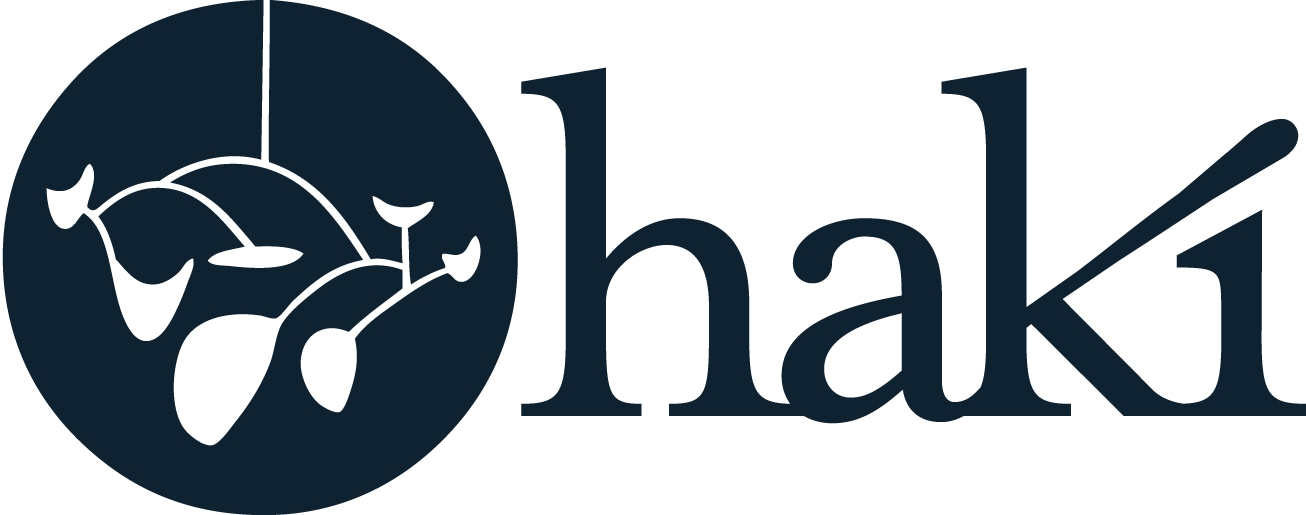I’ve spent the last three weeks in rural South Sudan documenting community ownership and customary use of land. South Sudan is the world’s newest country, but it seems destined to fall prey to an old trap. As with most developing countries, natural resources are owned and controlled by the State. Individual or community ownership of assets such as timber, minerals, oil and even water is weak or nonexistent.
State ownership of subterranean and other natural resources is a vestige of colonial rule that has become a mainstay in most developing countries. It’s a vestige that ensured continued extraction and provision to former colonial powers and companies. It now concentrates wealth in a few ruling elite, creates democratic deficits, and breeds corruption. In sum it is the driving force behind the infamous “natural resource curse” that has affected countries around the world – from Congo to Indonesia to Peru.
Throughout my many years of work and living on all continents I have seen this scenario repeated over and over again. In Peru, Andean communities that had lived in villages and grazed their livestock on fields for centuries are routinely displaced to make room for gold and copper mines. Because they have no right to the minerals under their feet they do not benefit from its extraction. In Papua, Indonesia, the government and foreign mining companies are committing genocide to access the rich gas and natural resources to which the local people, under Indonesian law have no legal claim. In Honduras, local farmers don’t even own the trees on their land. Now in South Sudan you can literally see the State (and the well-connected) grow daily off its substantial oil revenue with little benefit actually reaching the people that have been displaced by oil fields, pipelines, and environmental destruction.
Many developed countries have benefitted from natural resources in an equal and democratic fashion by vesting, enforcing and regulating local property ownership to extend below and above the land. Those countries that are afflicted by the natural resource curse almost universally have a concession system where the State owns all natural resources, even those connected to private land, and contracts with private (or parastatal) companies for their extraction. The revenue goes straight to government coffers where it becomes the primary source of government funds… and corruption. Its responsible use is virtually impossible to track, while its prominence in the national budget creates disincentives for governments to develop other resource streams that require greater accountability. Elections become fights for control over this unregulated revenue stream and the chance to enrich, rather than good governance.
The solution is simple. Ownership and rights to resources, particularly subterranean, should be strengthened and vested in communities and individuals. The right to property, enshrined in the Universal Declaration of Human Rights should be realized to its full potential. Private resource extraction companies should have to negotiate leases with the landowners above the resources (such as is done with coal, gas and oil in the US). The government’s role is to regulate this process and ensure fair contracts and environmental feasibility. The government then taxes extraction revenue from both company and landowner rather than having direct access to profits, thus encouraging democratic dialogue over the degree and use of tax revenue.
But behind this simple solution lies a dirty secret. Governments – both developed and developing – as well as multinational companies favor this system. It ensures the majority of the world’s assets and resources bypass the majority of the people in order to enrich the rich. It is also the primary reason undemocratic governments thrive. It is how multinational companies strike sweetheart deals with governments to operate in their countries for great gain.
The stakes are increasing as other resources, such as land and water, are under greater pressure by high commodity prices, global warming and population growth. A lack of secure property rights has opened the door for massive land grabbing by foreign governments and companies working in cohort with national governments. (The Oakland Institute’s series on land grabbing in Africa is disturbing)
The world can achieve equitable and sustainable development that can lift billions out of poverty and from under the siege of conflict. But the solutions are tough and require a collective resolve. The Haki Network is starting a new Resource Rights Program to help build this resolve. Through our global network we will conduct research, heighten engagement and spur collective effort to ensure community ownership and control over natural resources. We will be partnering with local organizations and international advocacy groups to challenge government expropriation of resources and enforce the universal right to property. Join us for updates on how you can be involved.
